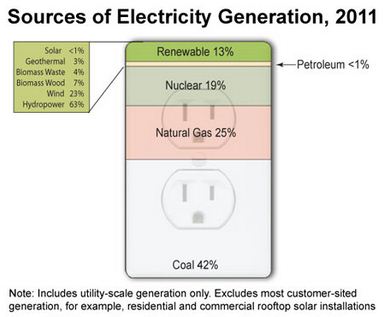Ron Paul Not A Republican?
SEARCH BLOG: POLITICS
Dr. Paul's position on illegal immigration is correct:
A larger percentage of federal spending has been for social programs over the past 2 decades. If there is borrowing needed, it is to cover mandate after mandate... program after program.
Regardless, one has to question what Dr. Paul's interpretation of "defense" is rather than "military spending." Without a doubt he is correct that the military expenditures... for all reasons... have increased due to the Iraq and Afghanistan conflicts. That, I would argue, is from the misuse of the military due to politically-correct, media-focused, directed-by-civilian strategies than the military wasting money intentionally.
I absolutely agree with his position that the military should never be used for nation building or policing. Our politicians' approach to Iraq and Afghanistan was that we were deploying engineers and social workers who happened to wear military uniforms... and they better not do anything impolite. Not a way to conduct military operations. This situation is the reason why so many military personnel back Dr. Paul. It's their way of telling our politicians that this is not what they signed up for. But it goes beyond fixing a misuse of the military to a position of military isolationism.
Dr. Paul wants to believe that if we just walk away militarily from the rest of the world, we will be left alone. Sorry, Dr. Paul, the world doesn't quite work that way. He doesn't have that same attitude with regard to trade. Quite the opposite. That's pretty much open borders.
The military's global presence is a factor in the overall defense of this nation. Do we need 80,000 military personnel in Europe? I think not. Do we need naval ports and air fields in strategic locations for our Navy and Air Force. I think so. They serve as a very strong reminder that any attack on the U.S. or its allies is not an action without consequences... and provide the means to back up that implication.
There is a difference between nation building and policing... and peacekeeping [not the Peace Corps version, but the "speak softly and carry a big stick" version]. This is not a furtherance of Obama's Libyan policy. Our goal should not be to fix every political system... just keep their armies in check and their missiles out of Venezuela.
So, while I agree in part with Dr. Paul, I disagree in general regarding military spending and defense spending.
He would argue, "It's not our job to be a global peacekeeper."
I would answer, "Who then?"
He probably would respond, "It's the responsibility of each nation."
I would ask, "And if the strong, anti-individualism, dictatorial powers want to prey on the pro-individualism democracies, must they stand alone?"
And he would respond, "Let them work it out. It's not our problem."And that's where I have a problem... because it eventually becomes everyone's problem.
My wife astutely pointed out that, as President, Dr. Paul would have only some say in matters economic... programs and spending being the purview of Congress. But in matters military and foreign policy, President Paul, as Commander In Chief, would wield enormous power.I'm not prepared to back a foreign policy summarized as "see you later," nor a military strategy that says "everyone go home and we'll call if we need you." Can the military be pared back? Yes, but not Obama style. A major concern is approaching cutbacks the post-Vietnam manner... cutting fat, muscle, bone, and spirit.
Dr. Paul may be a Republican, but he is facing an uphill battle convincing Republicans that he really represents them... especially in matters of national security where the President is the key figure. But he's not that far off the mark on many other things. That's part of it.
He can get people's minds nodding yes to what he says while a visceral reaction to him being the President of the United States is, "No, not him, no way." That's not fair and certainly not a reasonable way to choose a leader, but it is the case.
He is like that odd professor we had as a sophomore in college who never quite seemed to be talking to us... but we were never sure if he was talking to someone else either... someone only he could see. He made a lot of sense, but ... maybe he'll grow on us... like that professor. Or maybe not.








